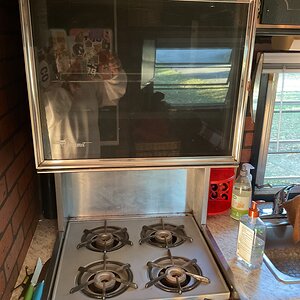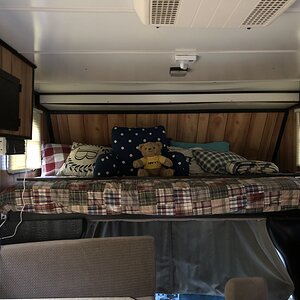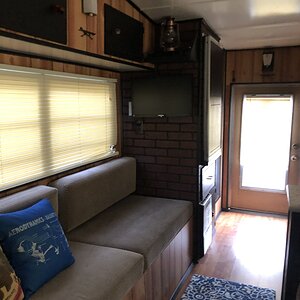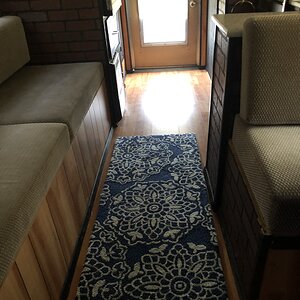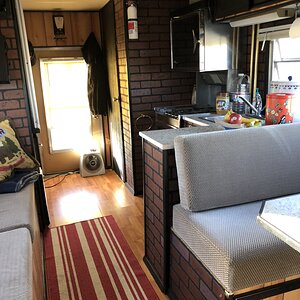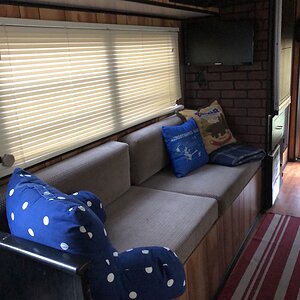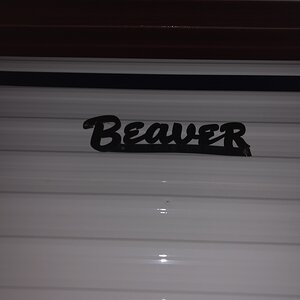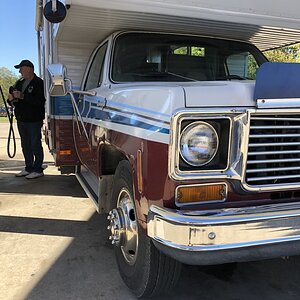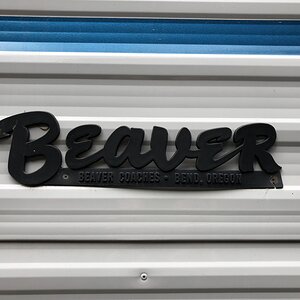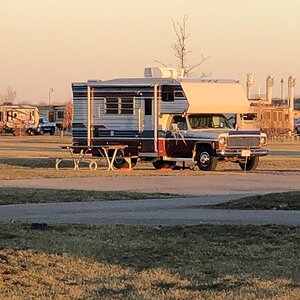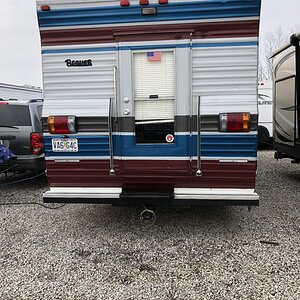Russellvh
RVF Supporter
- Joined
- Nov 18, 2021
- Messages
- 302
- Location
- Home based out of the Colony, Texas
- RV Year
- 2022
- RV Make
- Forest River
- RV Model
- Wildcat Fifth-wheel
- RV Length
- 36.5
- TOW/TOAD
- 2019 Ford F-250.
- Fulltimer
- Yes
Ok, I can’t head south until February due to some medical procedures. This will be the first time I will be camping with low temps in single degrees and 24 hour temps in 20’s for highs and for multiple days. I have read and studied multiple forums and still a bit concerned.  .
.
I can use my electric fireplace and a space heater to be comfortable in the trailer but then the furnace doesn’t come on much thus I’m concerned about the underbelly pipes. If I use the furnace to be comfortable then I’m using 30% (+) of one 30lb. tank just for overnight.
I’m in a full hook up park. I have a heated water hose and tank heaters. Only one furnace thermostat and, I’m guessing, it comes on and off based on the temperature of the air at the thermostat. Not really practical to use skirting because this will only last 5 days, or so, plus I normally winter in south Texas RGV.
How do I balance, or learn the balance, for being comfortable but not using exorbitant amounts of propane or electricity?
I can use my electric fireplace and a space heater to be comfortable in the trailer but then the furnace doesn’t come on much thus I’m concerned about the underbelly pipes. If I use the furnace to be comfortable then I’m using 30% (+) of one 30lb. tank just for overnight.
I’m in a full hook up park. I have a heated water hose and tank heaters. Only one furnace thermostat and, I’m guessing, it comes on and off based on the temperature of the air at the thermostat. Not really practical to use skirting because this will only last 5 days, or so, plus I normally winter in south Texas RGV.
How do I balance, or learn the balance, for being comfortable but not using exorbitant amounts of propane or electricity?

